SkillTech TAFE is one of Australia’s mostly widely-recognised trade schools. Providing instruction in electrical, HVAC, automotive and numerous other vocational fields, the institution has several branches throughout Queensland.
Head Teacher Neal Kidman started the HVAC and refrigeration school seven years ago. Throughout this teaching career, he’s used Testo’s range of refrigeration gauge sets and pressure sensors. We had the opportunity to speak with him in mid-November.
“The Bracken Ridge refrigeration school has been open for about seven years.”
What’s the history behind the refrigeration school?
The Bracken Ridge branch’s refrigeration school has been open for about seven years. SkillsTech is a trade college that instructs students in electrical, refrigeration, automotive, metal fabrication and pretty much all the other manual trades. The TAFE college has been around for quite a long time. First, it was a wholly owned government organisation and now it’s a semi-government body.
How did the refrigeration school at Bracken Ridge get started?
I started it. It was actually opened as a north-side branch of the main college, which is at Acacia Ridge. So, we opened up here to have a north- and south-side presence. I’ve been working as an HVAC technician for more than 40 years. I like teaching – I like making sure the next generation gets the right type of training and information they need.
What does SkillsTech TAFE Bracken Ridge do from a refrigeration point of view?
We teach everything to do with the trade, from Stage One all the way through to completion. All the while, we teach them to use HVAC pressure gauges, velometers and other devices. It’s apprenticeship training, which involves delivering advanced trade courses. Offering a diploma in refrigeration and air conditioning. We cover Certificate 1, 2, 3, 4 and 5 courses, allowing students to pursue their diplomas while currently participating in apprenticeships.
What would you say is the average age of your students?
The range is pretty broad. Most of our students are in the 18- to 25-year-old range, but we actually have a 41-year-old taking courses here.
 SkillsTech TAFE delivers classroom and hands-on instruction to students.
SkillsTech TAFE delivers classroom and hands-on instruction to students.What are the benefits for students training at SkillsTech TAFE Bracken Ridge instead of an equivalent organisation?
The quality of the training is very good here. Not to mention, the teachers have all worked in the industry at some point or another, so the students receive instruction from professionals who know what they’re doing. You’re pretty much getting an all-around package when you enroll.
Even though we’re competing against private-sector training organisations, our students do extremely well at Bracken Ridge.
What type of equipment do you use to conduct student training?
Students have access to fully-sized refrigeration and air-conditioning equipment that they’ll find out in the real world. So, we have air conditioning downstairs that they work on with split systems as well as refrigeration cauldrons, freezer-rooms, commercial cabinets – the list goes on.
Do you use testo instruments in your training?
Yes, we use a variety of testo digital gauges to give students a good view of system capabilities and how those appliances should be performing. For instance, we use the digital gauge manifold sets, and we’re even looking into buying an air-balancer velometer from them. We pretty much use any instrument that could indicate HVAC equipment performance.
“We prefer Testo’s instruments over other tools.”
Do you consider testo instruments to be state-of-the-art?
I think they’re top of the line. They’re high-quality devices. We certainly prefer them over other tools, that’s for sure. They’re certainly easier to use than other instruments, particularly compared to gauge manifolds. Testo actually went above and beyond the industry standard, which calls for analogue gauges. The digital alternatives are just so much more accurate.
Do you see the refrigeration industry transitioning from analogue gauges to digital gauges?
Yeah, it’s happening slowly, but I think having them in the TAFE colleges and other institutions is going to change that. Our students work primarily with digital instruments, and they already recognise the inherent advantage in using them. They’re also using these instruments when they’re on the job at their apprenticeships, so their bosses are exposed to them as well.
When it comes to digital vs analogue gauges, there’s just no comparison. I’ve been using them for about five years, personally, in my business. I don’t plan on going back to analogue.



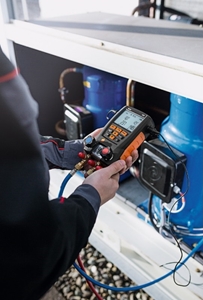
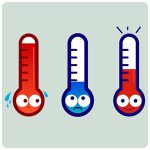
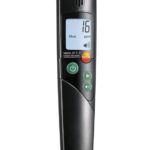
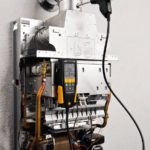
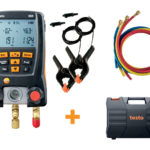

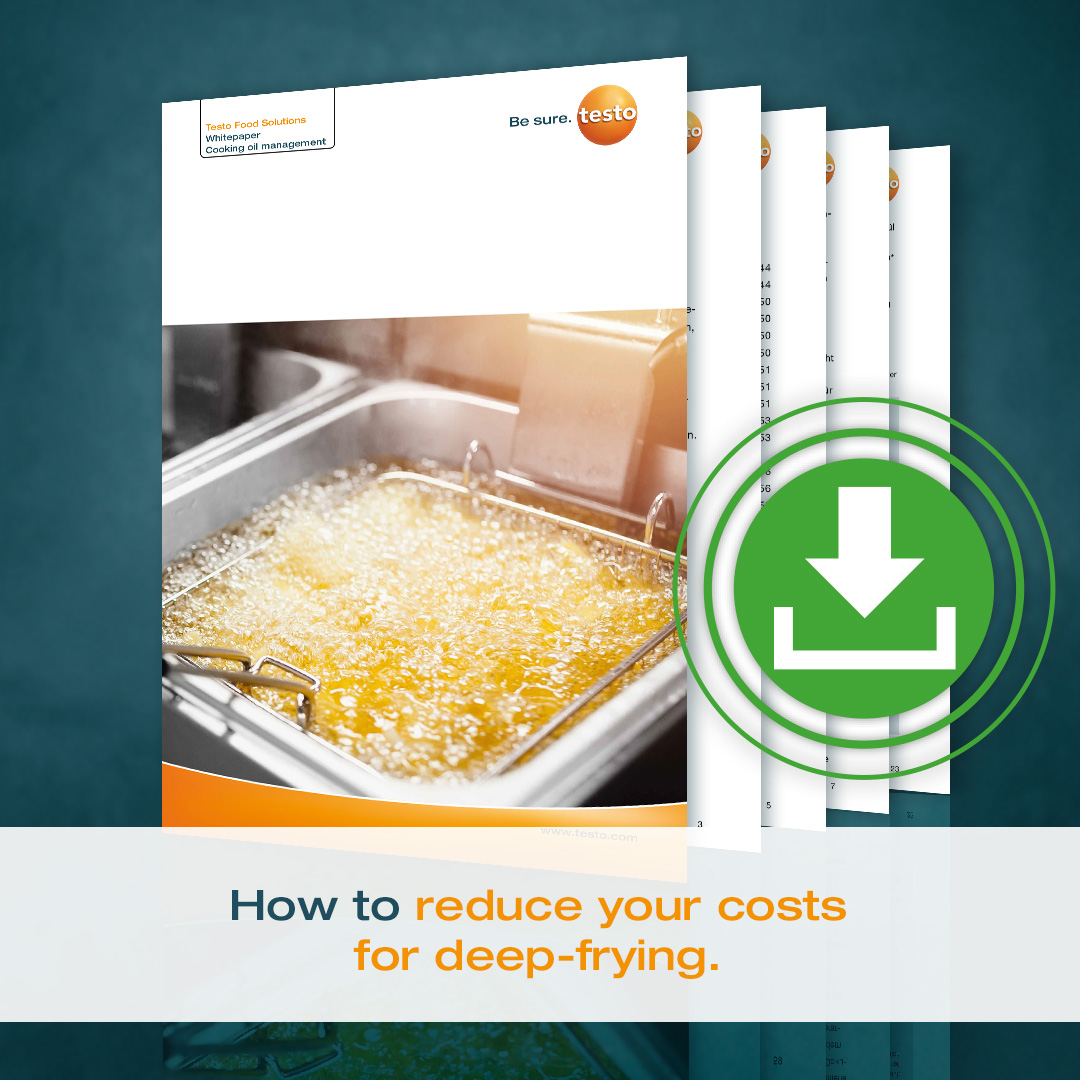 Reduce cooking oil costs while ensuring quality
Reduce cooking oil costs while ensuring quality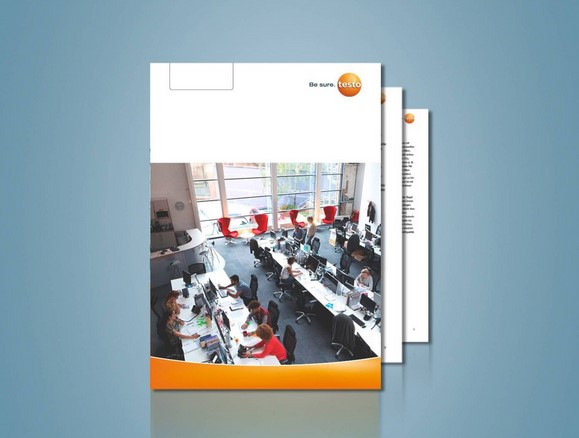 Expert knowledge on CO2 monitoring
Expert knowledge on CO2 monitoring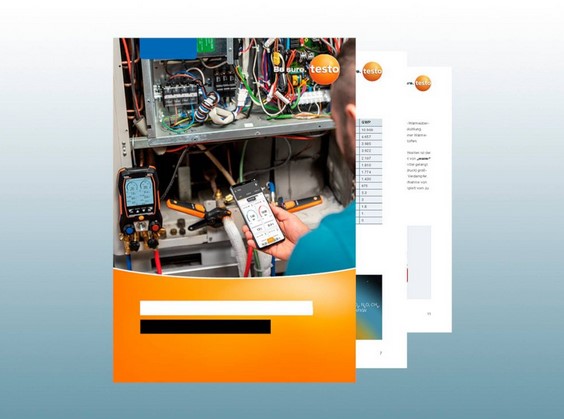 Refrigeration knowledge - in 3 modules
Refrigeration knowledge - in 3 modules



